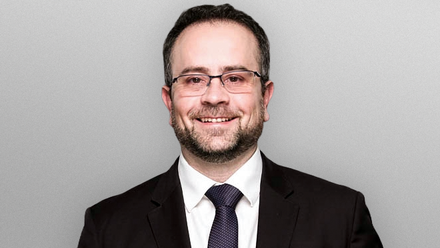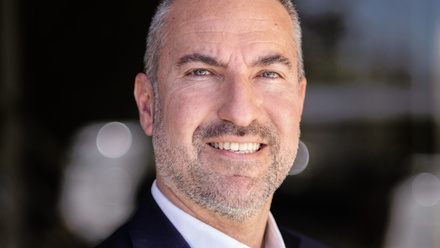TechBio report: Jiva AI case study
Jiva AI
Headquartered: Cardiff; Est. 2019
Interview with CEO, Dr Manish Patel
What does the company do?
Jiva AI describes its platform as a low code/no code platform with interfaces that clinicians with no coding or tech knowledge can easily use.
Manish told us: "Jiva AI is like the Microsoft Office of AI, giving people the tools and ability to create their own AI models, and then deploy these themselves – we hope this platform will help to democratise AI."
How does the technology work?
90% of AI products use neural networks, which are a system of equations for one task.
You can’t get them to recognise something new – you have to teach them. Jiva is the world’s first multimodal AI platform which can integrate/unify different AI models. This means a doctor with imaging data can integrate models from other data verticals (for example genetic data) into their existing AI to build a fuller picture of the patients being treated.
How has the technology been used?
JivaRDX uses AI to identify and stratify prostate cancer cases using MRI imaging.
In the UK, and much of the world, the prostate cancer clinical pathway involves a PSA test and, if you’re beyond a certain PSA level, you go for an MRI scan. Then a set of radiologists look at your scan and decide whether you need a biopsy. This radiologist stage is very subjective and can lead to unnecessary biopsies. 80% of patients who have a biopsy get some kind of complication, which could include erectile dysfunction, rectal bleeding or even sepsis.
Manish said:
This is where AI can aid clinicians in their decision making and reduce the rate of unnecessary biopsies by drawing on data captured at the radiology stage. JivaRDX can outline regions of tissue that are predicted to be cancerous in prostate MRI scans. JivaRDX automatically annotates imaging files and requires minimal intervention and training, so it can easily be integrated into current radiology practice. It is currently going through clinical trials and Jiva plans to add in the modalities of ethnicity and PSA levels to further enhance the decision-making support available to clinicians.
The future Jiva plans to split out the prostate cancer side of the business to allow it to focus on building the platform, which they see as a game-changer in the healthcare data technology space. Manish added: "We want to see other people creating models like we have in prostate cancer using this platform."





